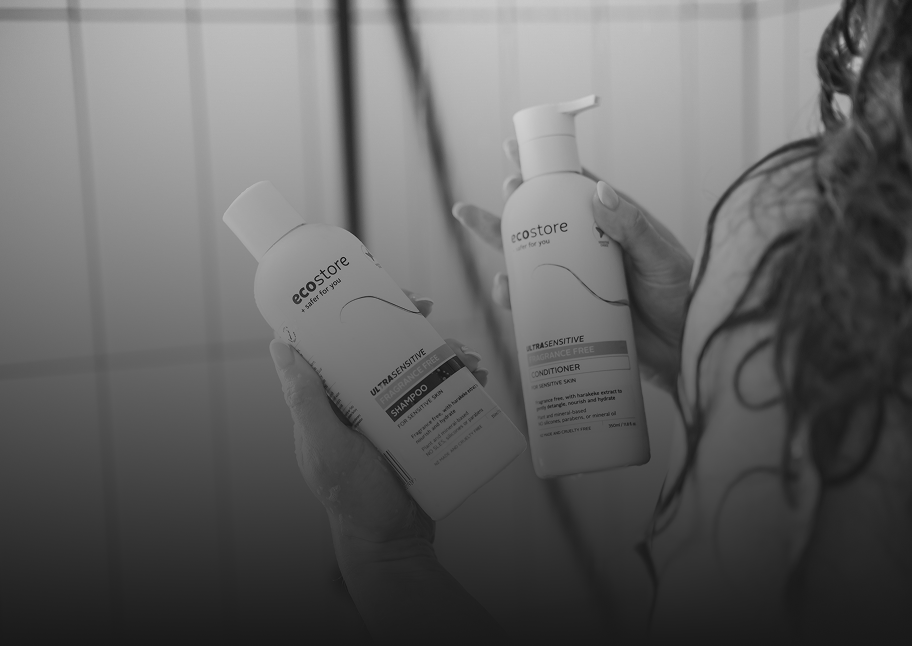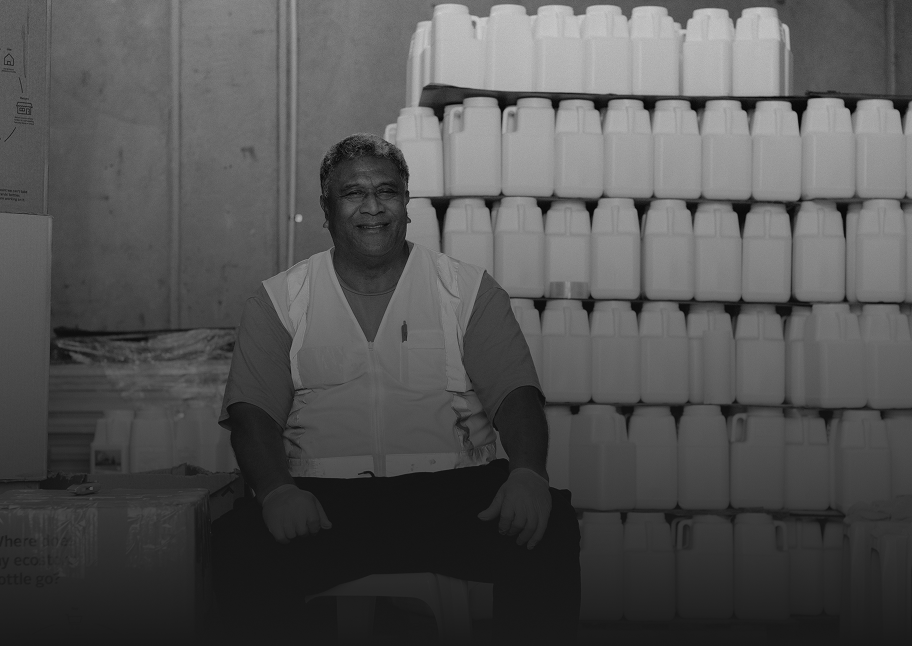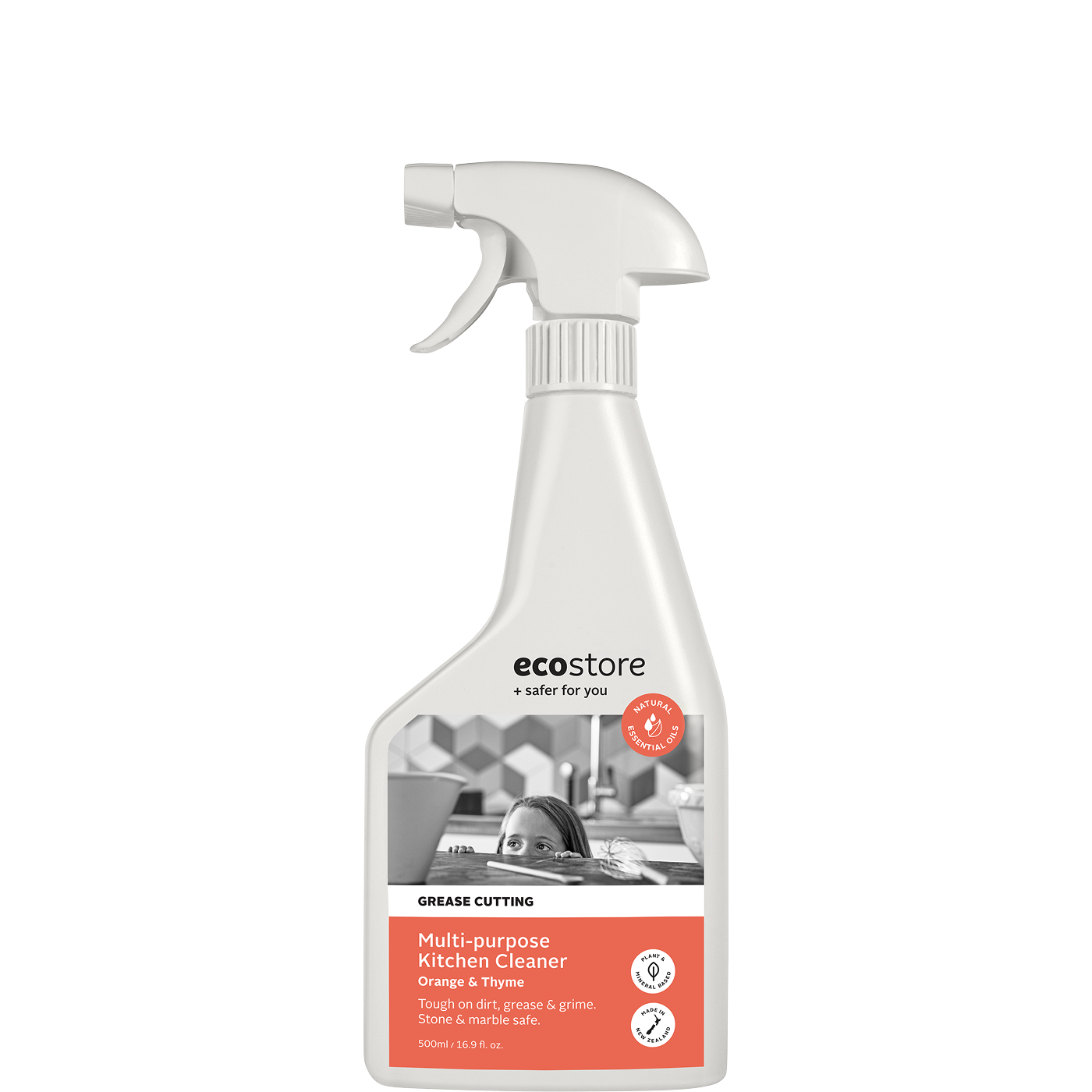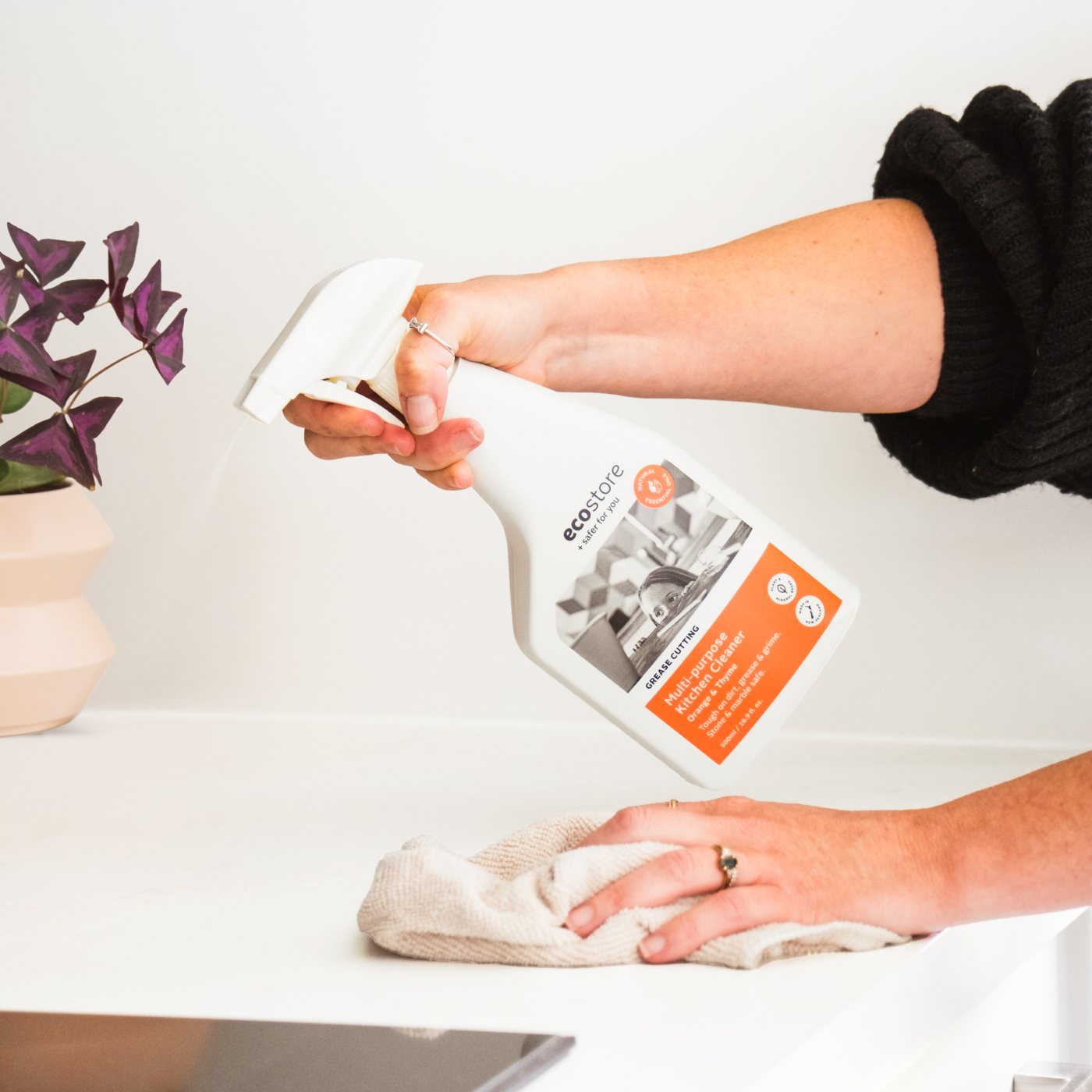Hydration plays such an important role in our over health picture - if our cells are not sufficiently hydrated it’s hard for them to receive nutrients and function in an optimal way. Being well hydrated helps our joints and organs function better, prevents infections, removes waste from the body, improves sleep quality, cognition, and mood.
Our bodies are made up of approximately 75-80% water when we are born and over time that percentage decreases and can get as low as 55-50% by the time we are 50.
Not only does hydration play and important role in how our cells function, in an ever increasingly image conscious society it also plays a role in how we look. So often dehydration can be mistaken for early ageing, so before spending on a fortune on the latest skin technologies, (and not so natural interventions), take the time to understand how to plump your cells up naturally.
Eating water rich foods to improve hydration
While drinking water is important for hydration it’s not the whole picture - drinking more water doesn’t always lead to more hydration. The science of hydration is more complicated than water in and water out. What’s really important is how much of that water reaches your cells, and your cells ability to use it.
Drinking water is a good thing, but if we don’t improve the capacity for it to enter our cells and retain it, it goes straight through us without doing much good.
The good news is improving your cellular hydration is easy and delicious, eating a diet full of water rich vegetable and fruits is one of the most effective ways to improve cellular hydration. Studies show that fruit and vegetables can hydrate the body twice as effectively as a glass of water.
The water in fruits and vegetables are surrounded by molecules that facilitate the entry of water into cells, which is why it is referred to as cellular water. Cellular water is absorbed slowly, providing you with lasting hydration.
Top 10 hydrating summer produce
With summer in full swing there is an abundance of fresh produce around – here are top summer foods to keep you hydrated:
- Cucumber (water percentage = 97.9%)
- Courgette (96%)
- Lettuce (95.6%)
- Tomatoes (95.2%)
- Capsicum (92%)
- Broccoli (90%)
- Watermelon (91.4%)
- Strawberries (90.9%)
- Rock melon (90%)
- Peaches (88%)
Go for the water rich vegetables before fruits, fruits are amazing and a positive part of a healthy wholefoods diet but most of us should avoid gorging on them and loading up on too many sugars (of course there are exceptions and some people do very well eating a lot of fruit).
Cooking reduces the water and nutrient content of your food – try to eat most of your water rich vegetables and fruits raw, whole, blended or juiced.
Theory is one thing but for me it’s all about experiencing things and feeling the results. When I switched to a mostly raw diet years ago, my cellular hydration dramatically increased. Once you increase your water rich vegetable intake you will feel the difference that eating foods with a high-water content will provide you with - not only the water to quench your thirst but also the electrolytes, vitamins, minerals and fibre that all help your cells hydrate from the inside out.
Smoothies are a fantastic way of increasing your water rich vegetable and fruit intake and are an ideal way to start the day.
Here are 2 favourite veggie based morning green smoothie recipes to get you started:
Green detox Smoothie
Ingredients
- ½ grapefruit or pineapple
- 5cm piece of cucumber
- 1 big handful of kale
- 1 handful of coriander
- 1 handful parsley
- 1 tablespoon lemon or lime juice
- 2-3cm piece of fresh ginger
- 2-3cm piece of fresh turmeric
- 1-3 cup of filtered water
- 1/2 cup of ice
Method
Place everything in a high speed blender and blend until completely smooth.
Pour into a tall glass and enjoy.
Matcha and alkalising greens smoothie
Ingredients
- ½ cucumber chopped
- 2 tablespoons avocado
- 1 large handful of spinach
- 1 handful fresh mint
- 3/4 tsp matcha (choose a good quality organic one like storm and india)
- ½ cup coconut water (or filtered water)
- 1/3 cup coconut milk or almond milk
- ½ cup of ice
Method
Place everything in a high speed blender and blend until completely smooth.
Pour into a tall glass and enjoy.
(if you need a little sweetness, add half a frozen banana or 2 dates while blending)
- Buy good-quality organic matcha - it should be a beautiful, vibrant green colour. If your matcha has a tinge of brown to it, it has oxidised. It will taste bitter and possibly won't contain the same antioxidant benefits.
- You can add additional detoxifying and alkalising superfoods like green algae, spirulina or chlorella for an extra boost.
Need more recipe inspiration – check out our cookbook: little bird goodness.
Top things you can do to improve your cellular hydration:
Eat a water rich diet of vegetables and fruits - this is one of the best and most enjoyable ways to improve cellular hydration and overall health outcomes.
Increase your fibre intake - this will automatically happen if you’re eating a lot of water rich vegetables and fruits. Fibre helps food stay in your gut longer, which allows you to digest food more completely allowing your body to get more nutrients from it.
Water quality - filtering your water is one of the simplest wats to improve how hydrating your water is. Tap water contains things like chorine and in some cases traces of heavy metals which all interfere with how its utilised by the body. Investing in a good water filter or even a cheap water filter jug will make a big difference to your water quality and ‘thirst-quenchability’ of your water.
Electrolytes & supplementation - for your cells to hydrate you want to make sure you have plenty of electrolytes so they can communicate electrically with one another. The most significant electrolytes that contribute to cellular hydration are sodium, chloride, potassium, magnesium, and calcium, its not about having more of all of these but rather the balance of them. Most of us get enough sodium, chloride and calcium in our day, but many of us are quite deficient in magnesium and potassium. Good news is you can easily and cheaply supplement these - it’s always a good idea to work with a practitioner on the best supplement and dosage ideal for you.
Exercise - always a cornerstone for good health outcomes including cellular hydration, exercise helps improve circulation and overall cellular health, promoting your cells ability to get hydrated and excrete waste.
Look at your alcohol intake – alcohol has a dehydrating effect on the body, look at limiting your intake and if you’re drinking alcohol consistently try adding in extra water and water rich foods to offset this.
Stress less - constant stress is dehydrating, do what you can to minimise it, try and get some relaxation into your day to allow your body to replenish and support yourself with herbs like reishi or ashwagandha and minerals like magnesium to help take your stress experience it down a notch.
-----
Little bird organics is the creation of partners Megan and Jeremy. Megan is the chef and creator of the little bird flavour and Jeremy, an award-winning architect and designer, is the brains behind the branding. Their goal is to shift existing paradigms around plant-based cuisine, and show people just how exciting, innovative and delicious organic wholefoods can be.
Read more

REFILL STATIONS Saves 40 Plastic Dish Liquid bottles / 60 Plastic Hand Wash bottles Specialty Grocers - Because we use large 20 litre containers at our Refill Stations, by refilling the same...

As most people were gearing up to head back to work for the year, I was just finalising my out-of-office message. I worked through the lockdowns, and all the in-between days over Christmas and New ...






